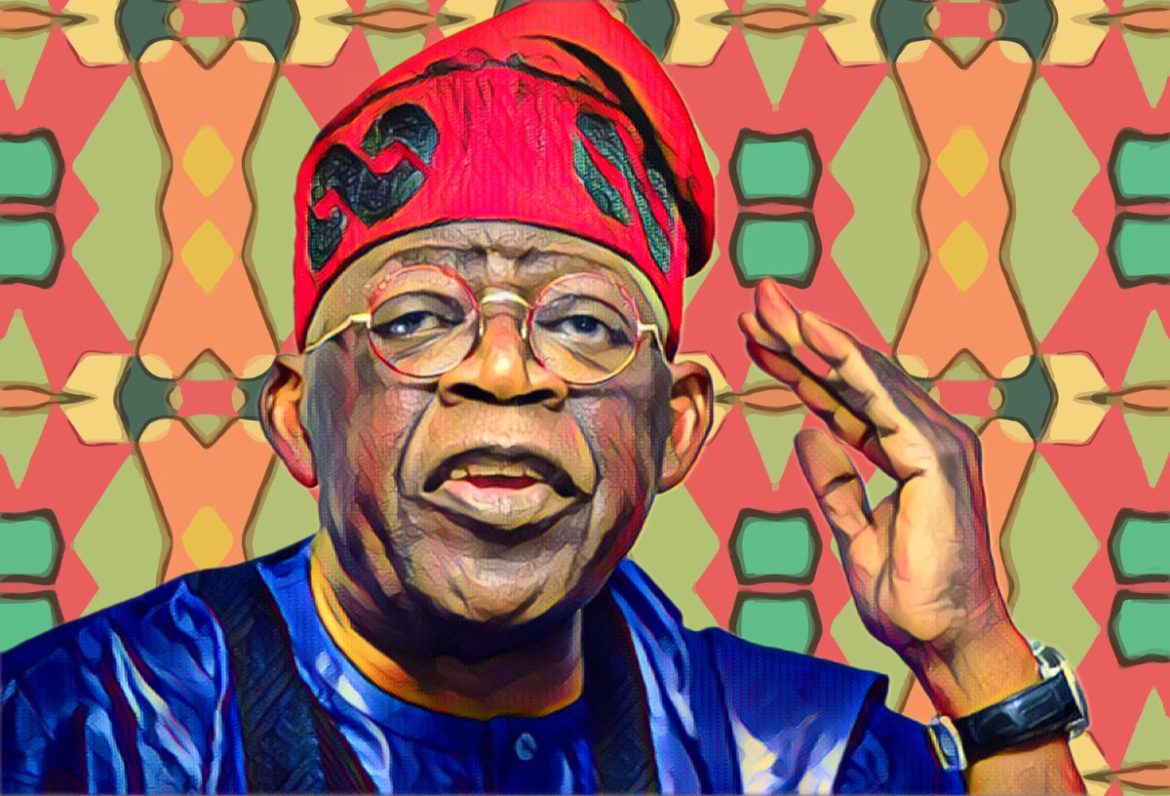The Coalition of United Political Parties (CUPP) has openly criticized President Bola Tinubu for including his two sons, Seyi and Yinka Tinubu, in Nigeria’s official delegation to a business and investment forum in Qatar. This move has sparked controversy and intensified the debate around the government’s commitment to reducing the cost of governance amidst a national outcry over economic hardship.
President Tinubu, who ascended to Nigeria’s presidency with promises of fiscal prudence and a leaner government expenditure profile, finds himself at the center of a contentious debate. His decision to travel to Doha, Qatar, with a delegation of 38 individuals, including his sons, for a state visit scheduled for March 2 and 3, 2024, has been met with skepticism. This delegation, divided into two batches, includes high-profile government officials and the President’s family members, raising questions about the necessity and composition of the delegation.
Sahara reporter recalls that the first batch, arriving on February 28, 2024, features notable figures such as Borno State Governor, Prof. Babagana Zulum, and Kaduna State Governor, Uba Sani, among other key government and economic leaders. The subsequent batch, arriving on February 29, includes Seyi and Yinka Tinubu alongside other government affiliates, drawing criticism for the perceived blending of official state matters with personal interests.
This criticism comes against the backdrop of widespread protests across Nigeria, with citizens voicing their frustrations over increasing hardship, hunger, and the soaring cost of living. The inclusion of the President’s sons in the state delegation to Qatar has been interpreted by many as a misalignment of the President’s actions with his austerity promises. The CUPP, through its National Secretary, Ameh Peter, has particularly lambasted this decision, labeling it a “clear case of mismanagement of public finances” and an “obvious manifestation of corruption in government.”
The opposition’s outcry stems from concerns over the suitability and qualifications of the President’s sons for such a crucial international engagement, which aims to foster business and investment opportunities for Nigeria. Critics argue that positions within the delegation could have been more strategically filled by professionals with the requisite expertise to negotiate beneficial deals for Nigeria’s faltering economy.
This incident has reignited discussions on nepotism within the Tinubu administration, with the CUPP attributing the government’s policies and actions to an increase in national misery. The opposition’s statement underscores a broader discontent with governance practices that are perceived to prioritize personal over public interest, especially in times of national economic challenges.
The unfolding scenario presents a complex interplay between governance, public perception, and the ethical considerations of political leadership. As Nigeria grapples with pressing economic issues, the focus on the composition of the President’s delegation to Qatar underscores the critical scrutiny of political actions and their implications for governance and public trust.
Moreover, this incident highlights the challenges of balancing personal and official capacities in state affairs, raising important questions about transparency, accountability, and the effective management of public resources. As the debate continues, the spotlight remains on President Tinubu’s administration and its commitment to fulfilling its governance promises amidst growing public disillusionment.
The inclusion of President Tinubu’s sons in Nigeria’s delegation to Qatar has not only sparked controversy but also prompted a reevaluation of the administration’s approach to governance and fiscal responsibility. It serves as a poignant reminder of the importance of aligning political promises with actions, especially in the context of national economic recovery and the pursuit of transparency and integrity in public office.


